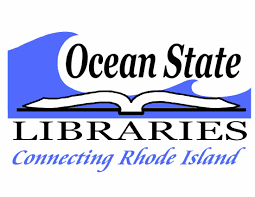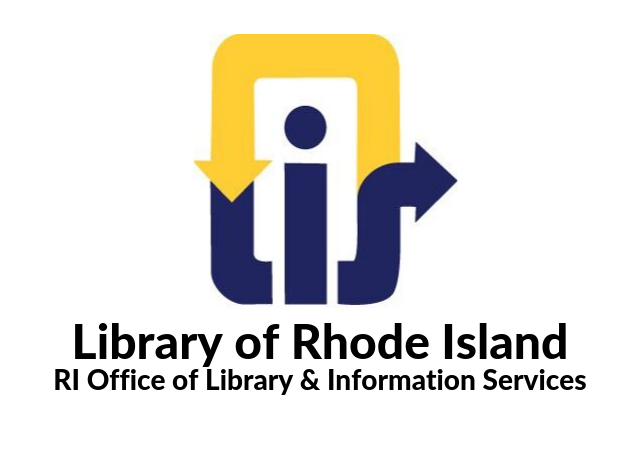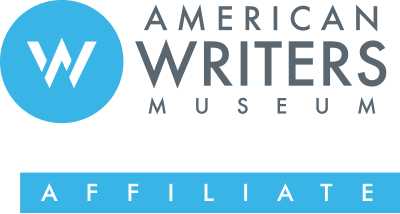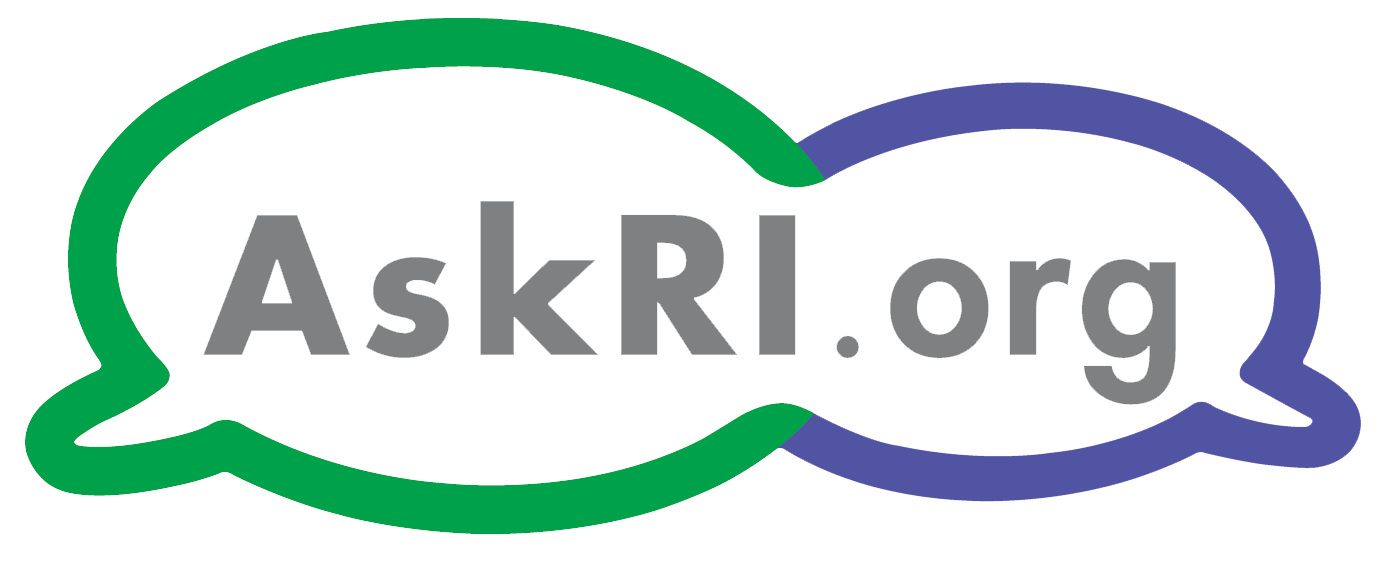Westerly Sun Column | Get Educated About the Solar Eclipse
April 01, 2024
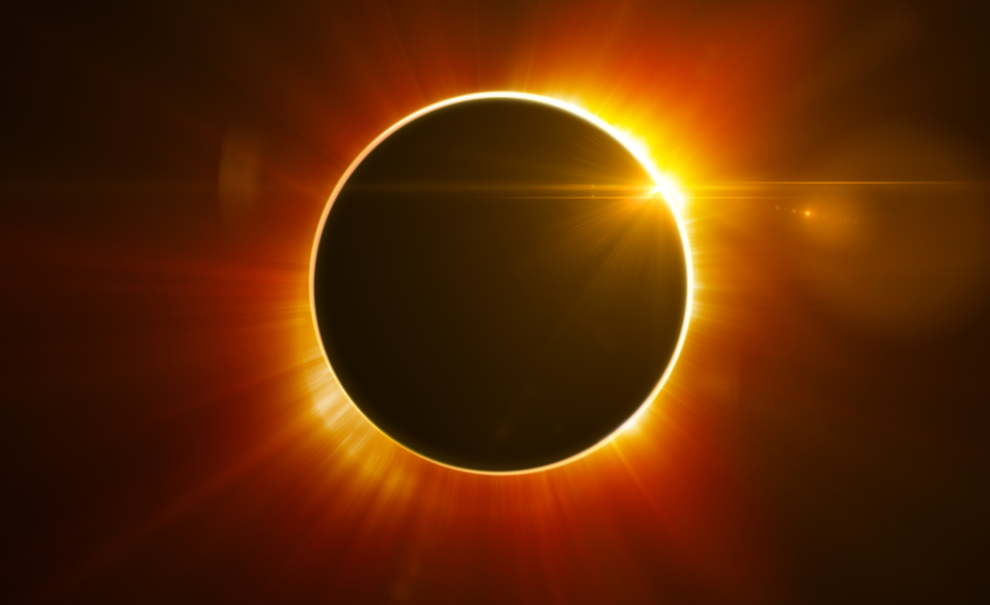
Year after year, in April, we get tons of questions and comments about the same subjects: gardening, Easter and taxes. While we’re still getting plenty of these, there’s another topic this year that’s on everyone’s mind: the solar eclipse on April 8. And for good reason! While eclipses are visible somewhere on the earth every year, total solar eclipses are quite rare, and the next one that will pass over the United States won’t be until Aug. 23, 2044 (mark your calendars). If this year’s eclipse is bringing out your inner amateur astronomer, you can find plenty of great resources at the library to geek out to as we get closer to the big event!
I was recently reading the Wikipedia page for solar eclipses, which I imagine many of you did as well. Predictably, it has a wealth of fascinating scientific information — much of which went directly over my head (no pun intended?). If you’re interested in learning more about the subject, without feeling like you accidently landed in an AP Physics class, there are plenty of books that make the topic both interesting and accessible. Popular astrophysicist Neil deGrasse Tyson has numerous books out, including “To Infinity and Beyond: A Journey of Cosmic Discovery” (2023) and “Astrophysics for People in a Hurry” (2017), both of which manage to make dark matter downright funny. National Geographic’s “The Science Book” is also great, as it explains a wide range of scientific subjects in layman’s terms, so, even if you didn’t fully grasp ALL of the concepts, you can have a passable conversation about them.
Personally, I find the myths and supposed effects of eclipses just as interesting as the actual event! Throughout history, many cultures believed that these events were bad omens, foreshadowing war or death. Even today, there are those that believe it is dangerous for pregnant women to be outside during an eclipse. There is no science to back either of these beliefs up, but there IS currently research being done on the effect eclipses can have on animal behavior … and you can participate! The Eclipse Soundscapes Project is a NASA project that calls for citizen scientists to gather observations and recorded sound data to help them understand the impact it has on insects and animals. The Solar Eclipse Safari is another project that asks the public to submit observations of animal behavior during the eclipse.
As far as us humans, please don’t forget that looking directly at the sun, even for just a few seconds, can cause permanent eye damage. To view the eclipse safely, you can make your own pinhole camera at home, or use solar eclipse glasses. We’re currently offering free pairs of these designated sunglasses to members of the public, though supplies are limited so come quickly before they run out! We’re also excited to host a viewing party out in Wilcox Park on April 8 from 2-3:30 p.m., which is open to the public. Now, let’s appeal to the mythological weather gods for a cloudless day!
by Cassie Skobrak, Adult Services Librarian




